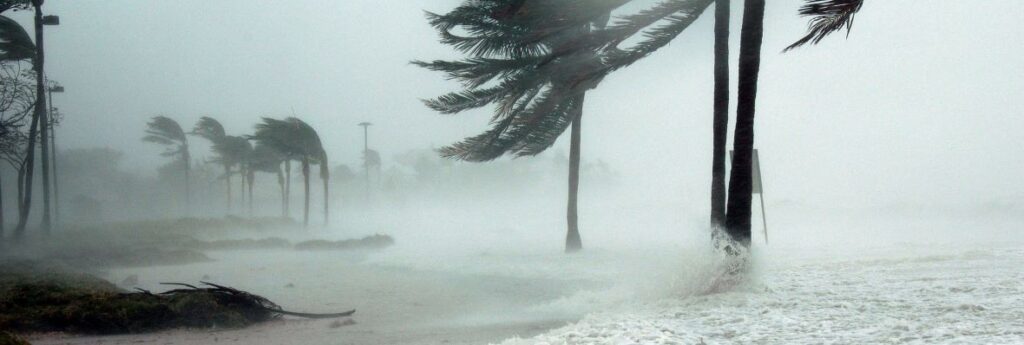The first ever Global Tourism Resilience Day is being launched today (Feb. 17) at Expo 2020 Dubai with the aim of bringing into focus the ability of destinations to identify, mitigate, and manage “international shocks,” and, when they come, to recover quickly and thrive afterwards.
These shocks – of both the human and natural variety – might include earthquakes, tsunamis, hurricanes, monsoons, typhoons, volcanic eruptions, terror attacks, wildlife degradations, heatwave, drought, food insecurity, epidemic and pandemics, as well as the negative effects of economic downturn and political instability.
Not to mention “the most catastrophic of these disruptions” – COVID-19, which has, unlike most of the others, been global in nature and not specific to any particular region.
Spearheaded by Jamaican tourism minister Edmund Bartlett, co-founder of the Global Tourism Resilience and Crisis Management Centre (GTRCMC), the Day is also meant to highlight and garner focus on “the ability of countries to build capacity to respond to international (disasters) and to be able to predict with greater certainty their responses.”
One measure, Bartlett said in a pre-event Zoom call, will be to develop a global barometer to ascertain the level of resilience within countries, which he says will be a valuable tool for the travel trade by offering guidance on situations, including how resources can be allocated and deployed, and passing information on to clients.
“We’re working to build the confidence of the traveller, and if the traveller knows that the destination is looking out for them when they arrive and if they know the suppliers are all following preparedness and crisis management, then recovery from any kind of a crisis will be much shorter than in the past,” says Laurie Myers, a member of the Global Travel and Tourism Resilience Council.
“Confidence is the key word – to build consumer confidence and destination assurance, is vital,” agrees Bartlett. “The world relies on us to bounce back faster to stimulate economic recovery. Once the tourism economy is back, the rest of the world economy can follow suit… and no country will be left behind.”
The Resilience Centre notes that because the travel industry “is and always has been fragmented,” 90 percent comprised of Small-to-Medium-size Enterprises (SMEs), it is generally not prepared to respond to crises, necessitating that “destinations must lead.”
And to that end, the GTRCMC says it is “tackling that concern in a big way. By launching an annual tribute to resilience and naming a day as such, the Centre is bringing the need for the travel industry to focus on preparedness, crisis management, recovery, and on-going resilience to the fore.”
Coupled with the launch of the Day, the Centre has partnered with the Resilience Council and the International Tourism Investment Corp. to provide an in-depth Forum on resilience: How to prepare, plan, and ensure travel entities minimize the impact of crises and thus can rebound and recover quicker.
Importantly, “the day will stress the need to implement, not talk,” say the partners.
Jamaica’s Bartlett believes that the global tourism industry has a reputation for being “resilient” based on its “accumulated wisdom” accumulated from bouncing back from numerous crises. However, he says. “Over the past two years, the pandemic has tested this presumed industry resilience more than any previous disruptive event in modern history. It has forced all destinations, irrespective of size, location, and attributes, into survival mode.
“It has also heightened consciousness; the industry cannot afford to be taken off-guard again,” he adds. “Instead, it is called upon to urgently adopt a methodological, collaborative, and institutional approach towards resilience. Destinations need to build the skills and knowledge for anticipating, preparing, responding, managing, and learning from all disruptive events to ensure they are ready for the next event.”
“We will strive to identify best practices, lessons learned and services that assist the industry in building resilience,” says GTRCMC Executive Director, Prof. Lloyd Waller. “Through the Centre and its partners, there will be academic rigour to support the shared knowledge around good practices.”
The theme for the inaugural Global Tourism Resilience Day forum is “Harnessing the Path to Recovery through Resilience and Investment” and includes numerous high-profile speakers, all highlighting “the inherent and unquestionable links between tourism resilience and regeneration.”

